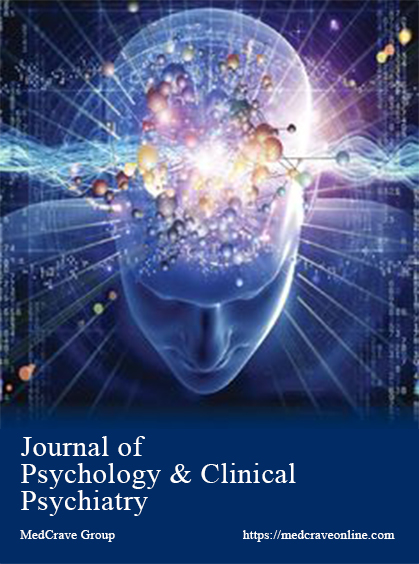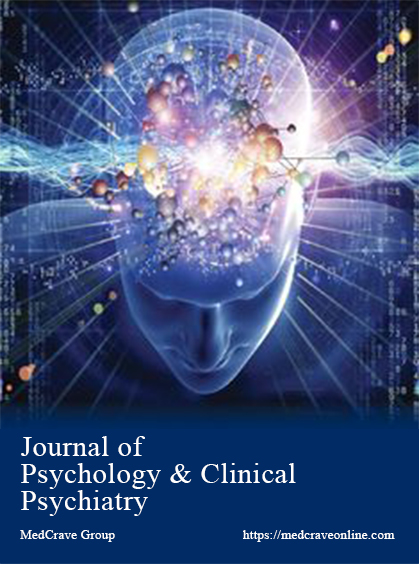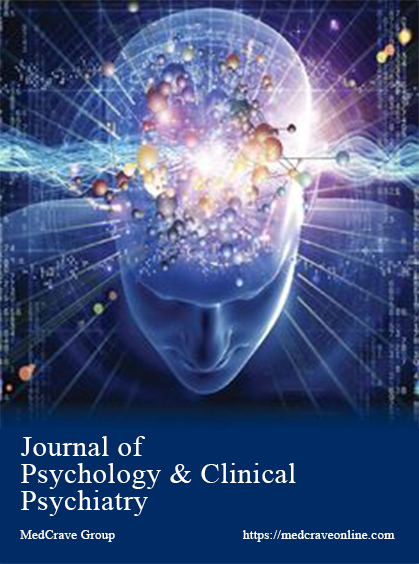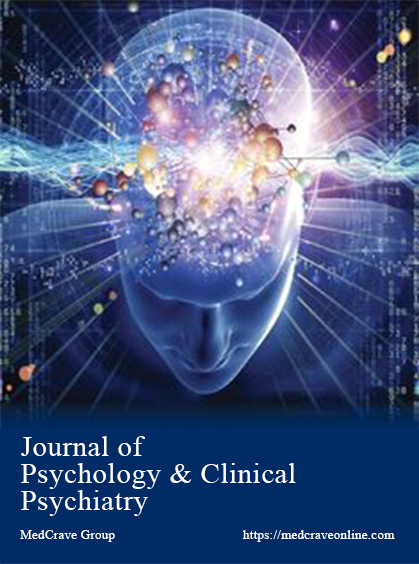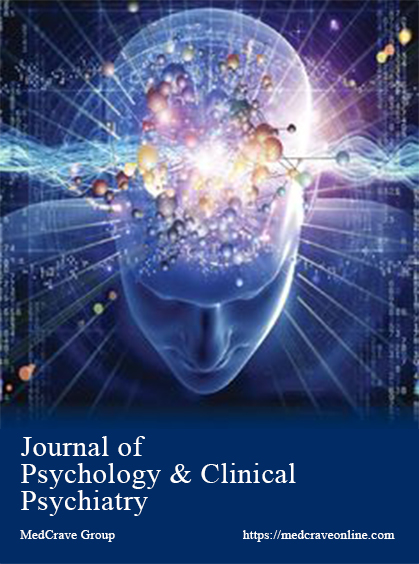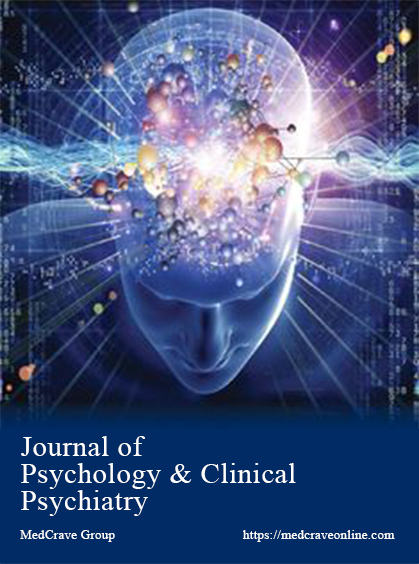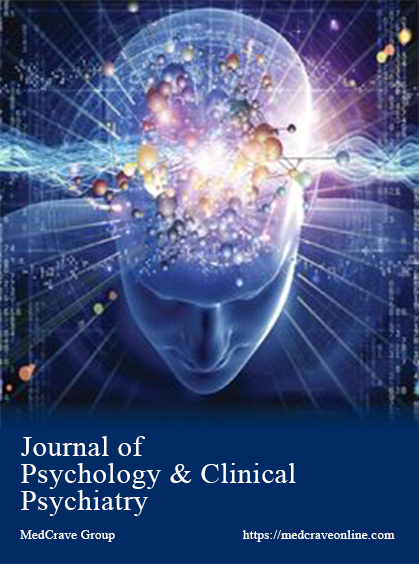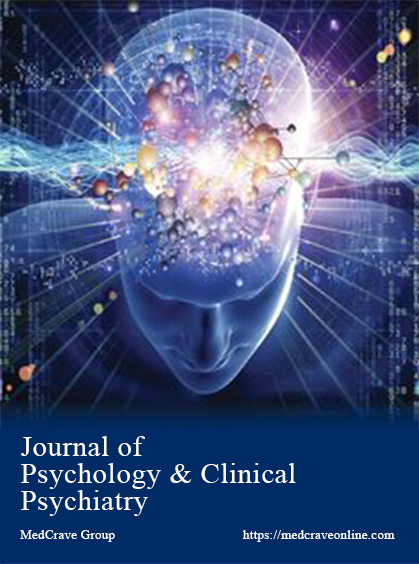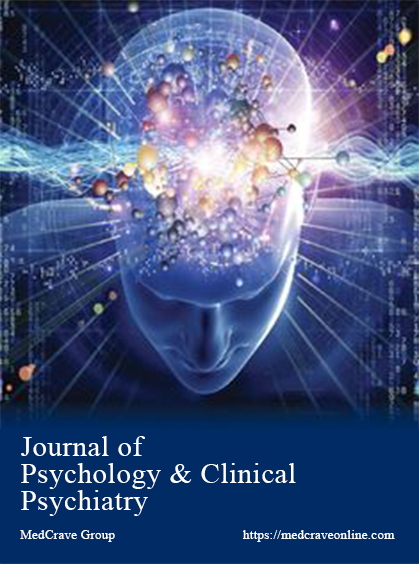Treatment of mental and physical problems using holy quran (between illusion and reality)
The wide spreading practice of what is named spiritual healers and treatment with Quran (the Holy Book of Islamic religion) among Muslim nations now-a-days, to the extent that a lot of satellite channels are specialized in presenting such claimer therapists stimulated me to search and research, investigate, experiment and attend many sessions of that type of treatment being a Muslim physician. What stimulated me more (as a psychiatrist) for more activity was the fact that almost all candidates for such healers were proved to me to be psychiatric patients who have a straight forward diagnosable psychiatric illness and a high percentage of them appeared to be treatable and curable if advised to visit a psychiatrist for their problems. I had to review all my academic and clinical knowledge not only in medicine and psychiatry but in Islam as well (as a Muslim). Based on the scientific religious knowledge from Islamic academic sources it has been found that Islamic psychiatric way of management and treatment of diseases does not mean the using/ relating the texts of Quran.
More...
